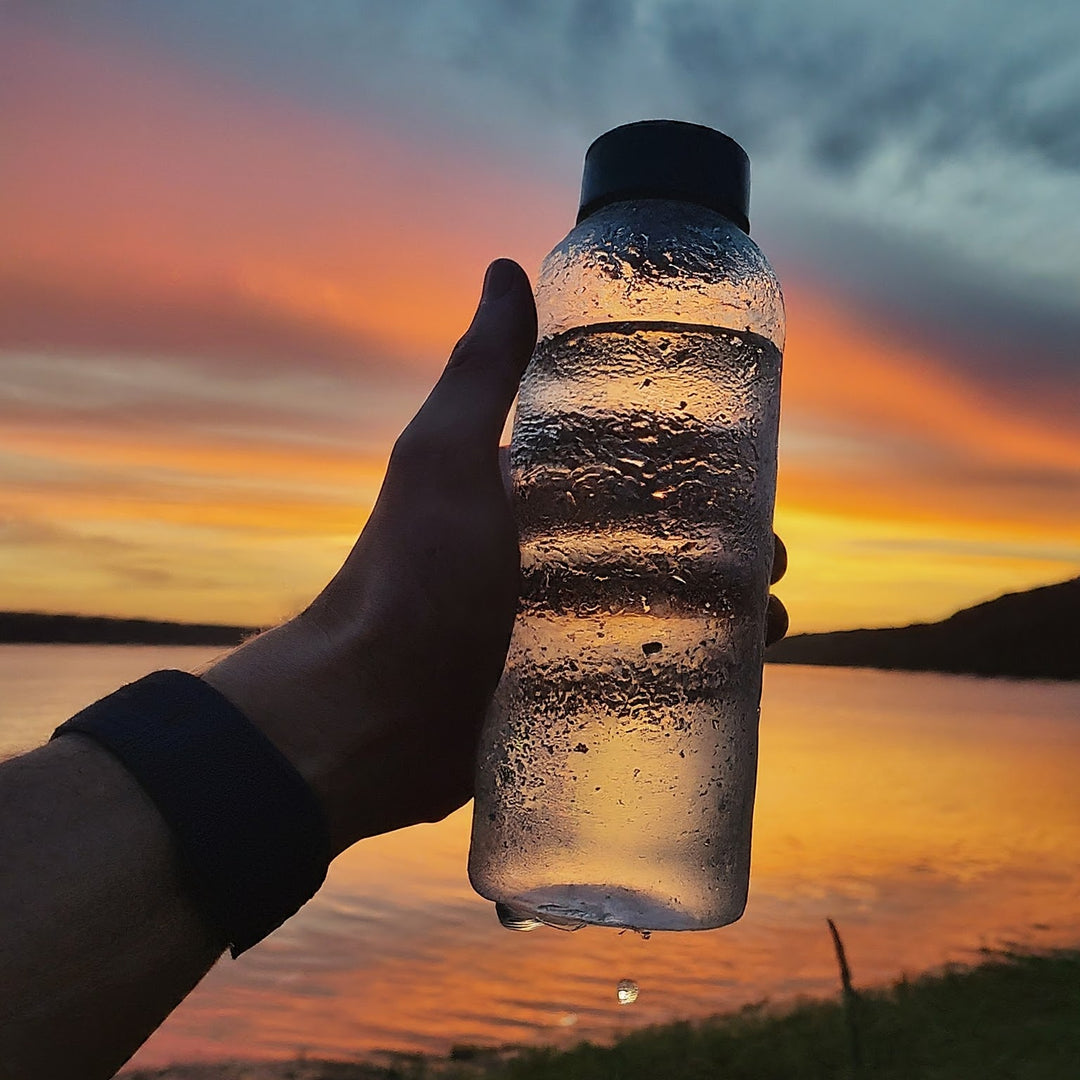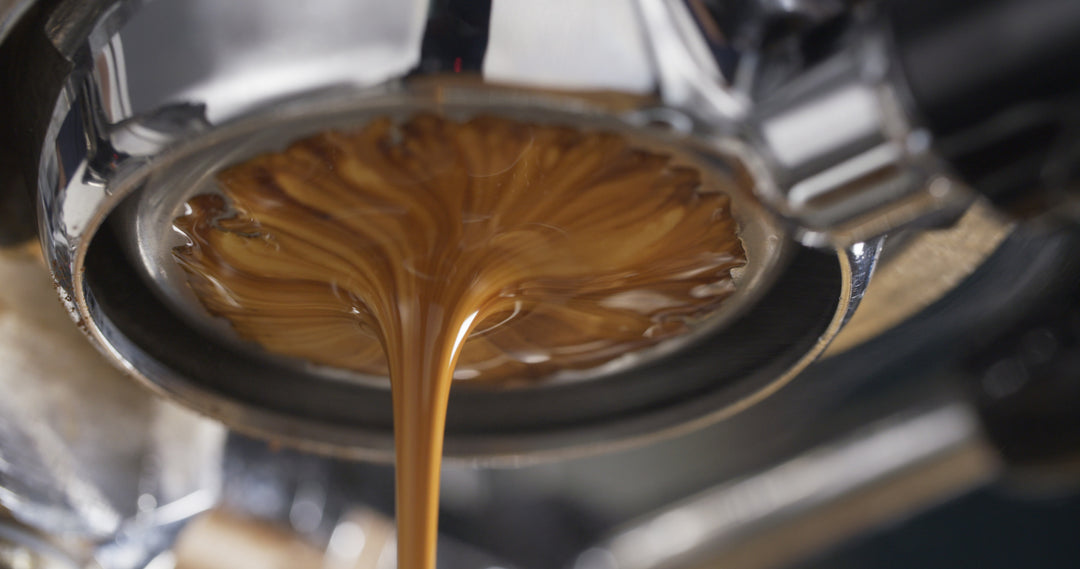Which Is Better–Coffee or Energy Drinks?
Coffee has been around for centuries and is enjoyed by millions of people each day. But what about drinks just for energy? Are they better than coffee? Let's take a look at the pros and cons of both beverages to see which one comes out on top.
Energy drinks have become increasingly popular in recent years, particularly among young adults. Unlike coffee, an energy drink is often marketed as a way to improve physical and mental performance. But do they really live up to the hype?

What’s the Difference?
Coffee and energy drinks are both popular beverages that can help to increase energy levels and improve focus. However, there are some important differences between each of the two. Coffee is a brewed drink made from roasted coffee beans, while an energy drink is usually carbonated and contains caffeine, as well as other ingredients such as sugar or herbal supplements.
An energy drink is often marketed as providing a more powerful energy boost than coffee, but this boost is typically short-lived but filled with energy. In contrast, coffee provides a more moderate energy boost that can last for several hours. When choosing between coffee and an energy drink, it is important to consider your energy needs and how long you need to stay energized. If you need a quick burst of energy to get through a strenuous task, an energy drink may be the better choice. However, if you need sustained energy throughout the day, coffee might be a better option.
How Much Caffeine in Each?
Caffeine is a naturally occurring stimulant that is found in coffee beans, tea leaves, and cocoa beans. It is also added to energy drinks, soft drinks, and some over-the-counter medications. Caffeine works in your body by stimulating the central nervous system, which can then lead to improved energy and alertness.
Coffee generally contains more caffeine than an energy drink. A cup of coffee can range from 95-200 milligrams of caffeine, while an energy drink typically contains between 30-50 milligrams of caffeine. However, it is important to note that energy drinks often contain other ingredients that can contribute to the overall caffeine content.
For example, some energy drinks contain guarana, which is a plant that contains high levels of caffeine. As a result, it is difficult to compare the caffeine content of coffee and an energy drink without knowing the specific ingredients of each.
Taurine in Energy Drinks
Many drinks for energy contain taurine in addition to caffeine.Taurine is an amino acid that is found naturally in the body, and it plays a role in the nervous system and heart function. When consumed in energy drinks, taurine is absorbed through the intestine and enters the bloodstream. Research suggests that taurine can improve physical performance by increasing energy production and reducing fatigue. Moreover, high doses of taurine may be harmful to the liver. Therefore, it is important to consume drinks for energy in moderation and consult with a healthcare provider if you have any concerns.
Which Should You Choose?
There is some evidence that energy drinks can help improve alertness and energy levels. In the end, it's up to each individual to decide whether coffee or energy drinks are right for them. If you're looking for a quick pick-me-up, energy drinks may be a good option. But if you're looking for manageable energy throughout the day, these drinks might be what you are looking for.
Strike Force Energy
Strike Force Energy offers a variety of drink products and liquid energy packets for you to take on-the-go! Visit our website and browse our products to try a coffee alternative!




